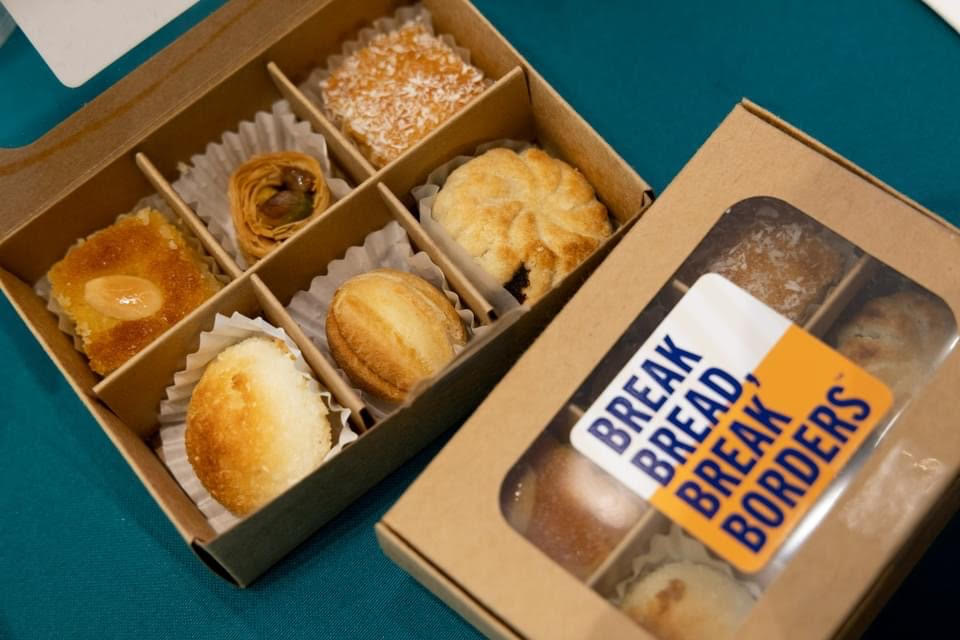It was a clear-sky evening in Dallas on the brink of winter. Our group bus pulled up to an unassuming office building that had shuttered for the day, save for one floor that remained illuminated. Inside those conference rooms was a doorway to another world: a world without borders.
We were greeted by a warmth both in smiles and steaming dishes of Syrian cuisine. Chairs scraped the floor as we took our seats, our plates heaping with food—the chefs, refugee women from war-torn Syria, prodded us enthusiastically to take more than we could muster.
Over appetizers of yalanji, fattoush, chechyn dumplings, and baba ganoush, we heard introductions. These women had come to the United States over the last few years. Despite each living very different lives, what they had in common was making the unthinkable decision to leave their home to ensure they kept their lives.
Before the war, they worked in medicine, engineering and technology firms, schools, and retail. All are multilingual, and studying English. They spoke candidly about topics that were perhaps as routine to them as making these dishes. But to us, we were visitors in their home, and getting a firsthand account of experiences heard about in the news. This was the first time many had met a refugee, a Syrian, or a victim of war.
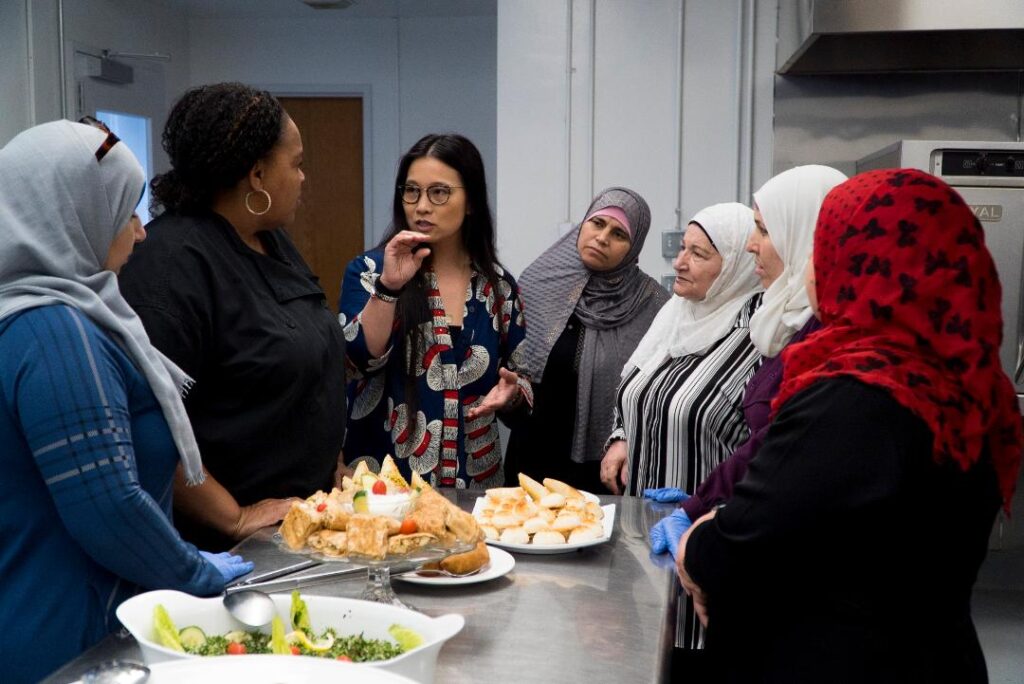
And that’s the beauty of Jin-ya Huang’s catering company Break Bread, Break Borders, stylized as B4 (now Food4Good.org powered by TMWF). It caters more than food: it caters love and peace through these shared evenings together. Though purported to be an education opportunity, this was a demonstration of humanity at its finest. Huang’s ancestors survived war and poverty after escaping Communist China, immigrating first to Taiwan, then to the United States to start a restaurant franchise business. Huang inherently knows what immigrants are in most need of: community.
And what better way to build it, than by one thing that can unite people—through food?
To Huang, food became the focus of her family business, and a way to find prosperity and thrive amidst a life that had been marked by hardship. When she settled in Dallas to open a franchise with her family, she cooked up an idea to help immigrants.
“B4 [Break Bread, Break Borders] is built to welcome, to promote the sense of belonging, to create a safe space. I wanted to witness hope in action,” says Huang.
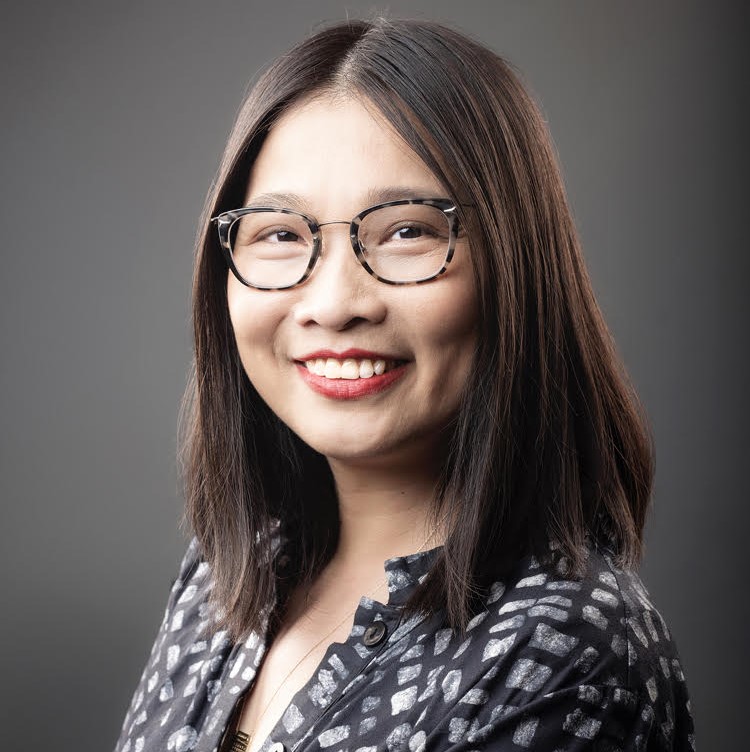
As we dug into our entrees, shawarma, mahshi, fava beans, mujadra and kubbeh, the women opened up about their lives before and after the war. Each of them has a distinct moment that divides their memory. For one, she remembers the schools all closed. Another remembers the banks closing. For another, she was driving on a highway to get to Turkey, and passed by tanks rolling into her city. One woman’s husband was called away to serve suddenly. Then life was never the same.
Many stayed in refugee camps established by international charities and organizations stretched thin in providing housing, resources and legal aid. Lebanon and Turkey accepted them as refugees, but barred them from working, devastating their finances. Families were scattered as they found places to hole up in hopes the war would pass quickly. Neighbors came together over a meal a day to share their troubles, messages of hope, and survival advice—and find a moment of joy in the otherwise dark days. They spoke of lives lost, being poverty-stricken, and facing increasingly difficult medical conditions.
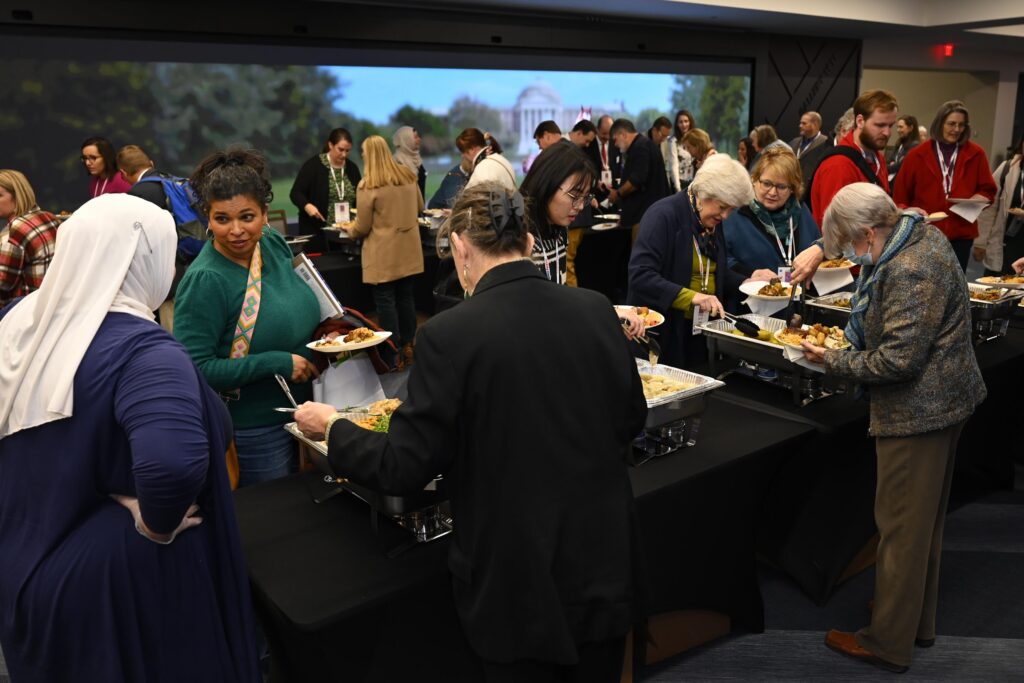
For years, they relentlessly applied for visas, work, school, and asylum around the world. One by one, they were accepted, with exceptions: not all of their family could join, and not everywhere would be welcoming or have the same opportunities. But they had few choices, and only a few days to accept the offer. In the face of life and death, they knew what they had to do.
And each of them found their way to Dallas to become part of a growing refugee community. Appealing for its warmer weather, lower cost of living, number of charities with access to resources, and work and educational opportunities, Dallas was a beacon. The multicultural city felt imposing, until they found Huang.
Coming to the U.S. is not without its own set of challenges. “[There is a] mix of shortage of labor and influx of refugees and immigrants – our local needs for affordable housing, education opportunities, economic empowerment, mobility/transportation, viable employment, and more,” says Huang. No matter where the refugees are coming from, they face the same issues. “[It applies to] the global community,” she adds. B4 connects refugees to the community and resources needed to restart their lives.
Huang may be a hero to these refugee women, but the depth of her own struggles remains beneath the surface. “Being a woman of color, having to explain that refugees need workforce development training, [who are also] fighting for access to education and basic needs for human beings — it’s been proven to be a challenge,” says Huang. She competes with other businesses local to Dallas for funds and backers to support her company. She has been turned away or overlooked, as investors may be hesitant to back B4 amidst politicized wars.
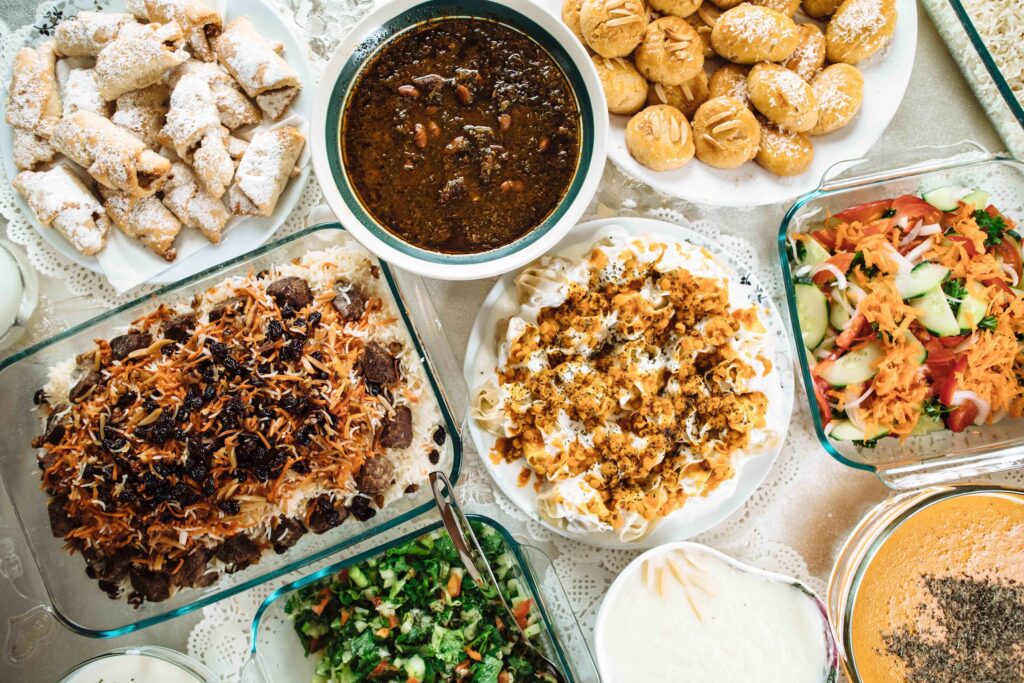
But humanitarian needs shouldn’t be political, or optional.
Desserts were passed around and teacups were refilled. Our plates were filled with baarish, baklava, and bird’s nest cookies. They shared, with happiness in their eyes, how Huang had offered jobs, and something even more important: familiarity. They could cook home dishes to earn wages and bond with one another to heal. Routines become of critical importance when there is a loss of control. They all stay together in nearby apartment buildings or neighborhoods in the suburbs and regrow their community. What one woman said she misses most about Syria is long nights gathering around tables with neighbors, breaking bread and sharing stories from their day. But Huang’s company gives them that bit of home, even far away.
B4 faces challenges in securing capital and scaling as quickly as need arises. With the influx of refugees pouring into the U.S. for asylum and safety, Huang is turning to innovative solutions to assist more than ever, and broaden her company’s scope of service. In the future, she’d love to franchise and expand catering offices into Houstin, Austin, and El Paso, which she says “make the most sense,” followed by Amarillo. “Right now I’d just be happy to deliver the culinary workforce development training program to more women and girls who need it the most in our backyard,” says Huang.
On the table is transforming B4 into Food4Good and “rebrand as a nonprofit social enterprise to provide culinary therapy as direct services [in partnership with an anti-domestic violence] agency,” says Huang. Even still, she is seeking investors who believe in her mission and have hearts open to help refugee women.
Not all women are from Syria. Huang helps refugees from Afghanistan, and emigrants from Burma and Bangladesh. Since 2017, Huang has welcomed immigrants and served as a pivotal step to helping each get established in their new city. They are trained by mentors in culinary practices and learn management skills, enabling them to grow professionally and gain work experience instrumental in rebuilding their careers. And along the way, Huang empowers each one to reclaim what was left behind when they escaped: a life.
Day-by-day, dish-by-dish, they cultivate a safe place that helps ease the pain and hardship they endured for years, and gives them a chance to cook up hope. Each new catering job, and each new group of people who join to hear their stories breaks down the differences. It humanizes the inhumane wars. There was a transformation over dinner that invited us to erase the borders and opened a door to new friendships.
As we left that evening with full stomachs, there was something even more full: our hearts.
Disclaimer: The opinions and views expressed in this article/column are those of the author(s) and do not necessarily reflect the views or positions of South Asian Herald, its editorial team, or its affiliates. South Asian Herald does not endorse any opinions or statements made within the content.


